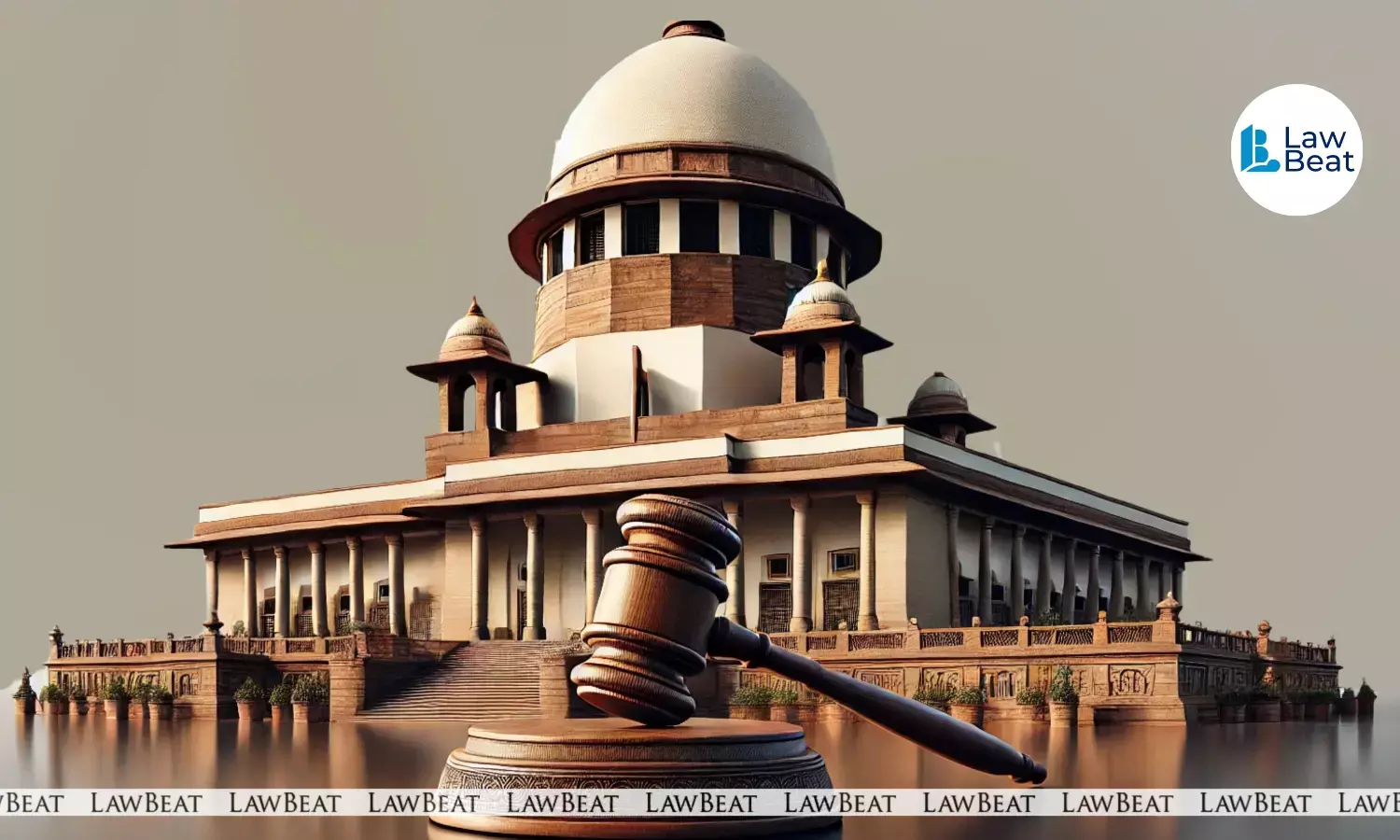Complainant in Cheque Bounce Case Can Challenge Acquittal Without Court’s Leave: SC

The Supreme Court allows a complainant to appeal acquittal in a cheque dishonour case without seeking leave
The Supreme Court recently held that a complainant in a cheque dishonour case filed under Section 138 of the Negotiable Instruments Act (NI Act) is entitled to maintain an appeal against acquittal without seeking the leave of the court.
A bench of Justices Pankaj Mithal and Prasanna B Varale observed thus while dismissing a special leave petition (SLP) filed by M/s Radhika Traders and others against a Telangana High Court order of November 8, 2024. The high court's order had remanded an appeal against the petitioners' acquittal to the trial court for a fresh consideration.
The complaint, which was initiated against the petitioners under Section 138 of the NI Act, had resulted in their acquittal on August 23, 2024. Subsequently, the respondent-complainant, M/s Ashtalaxmi Trading Company and another, preferred an appeal. The high court then remanded the matter to the trial court for consideration afresh on merits.
In their appeals before the Supreme Court, the petitioners raised three main contentions: first, that they were not given notice before the order of remand was passed; secondly, that the appeal itself was not maintainable as no leave of the court had been taken in filing the same; and thirdly, that the appeal was time barred and the delay was not condoned.
Examining the matter, the bench observed that the first submission made by the petitioners’ counsel was without merit. Court noted that the counsel for the petitioners, in their application seeking condonation of delay in filing the SLPs, had categorically stated that on the relevant date they were "out of station" and that they had contacted their counsel after their return. The bench concluded this meant the petitioners "had the knowledge of the proceedings and that they had engaged a counsel". The bench then stated, "Therefore, it does not lie in the mouth of the petitioners to submit that the order of remand was passed without notice to them".
Regarding the contention on the maintainability of the appeal due to the absence of leave, the counsel for the respondents relied upon a decision of the Supreme Court in Celestium Financial Vs. A. Gnanasekaran Etc (2025). The apex court, while dealing with a case under Section 138 of the Act in that instance, had held that the complainant ought to be extended the benefit of the proviso to Section 372, thereby enabling him to file an appeal against an order of acquittal in his own right without having to seek special leave under Section 378(4) of the CrPC.
Following this precedent, the bench pointed out, "It means that the complainant in a case under Section 138 of the Act is entitled to maintain an appeal against acquittal even without seeking the leave of the court".
Addressing the final argument of the counsel for the petitioners that the appeal preferred by the respondents was barred by limitation, court observed that the judgment of the trial court was delivered on August 23, 2024, and the appeal was filed on October 29, 2024, establishing that "it was within time".
The bench ultimately concluded, "All the three contentions raised by the petitioners failed and the special leave petitions are dismissed," further directing the trial court to decide the matter pursuant to the remand "in accordance with law most expeditiously".
Case Title: M/s Radhika Traders & Ors Vs M/s Ashtalaxmi Trading Company & Anr
Bench: Justices Pankaj Mithal and Prasanna B Varale
